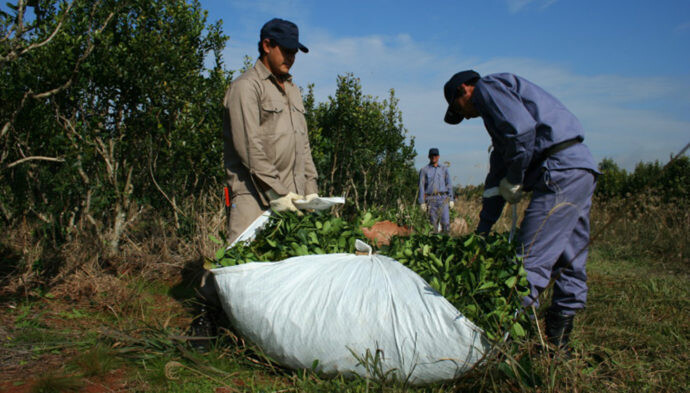
A recent analysis conducted by the Argentine Institute for Agroindustrial Development (IDAA) has revealed a concerning increase in food imports during December 2024 in Argentina. According to the study, food imports increased by 82 percent compared to the previous year, marking a new record in this sector. This increase has been steady since June of the previous year, placing foods like carrots, onions, tomatoes, lemons, processed tomatoes, and yerba mate among the most imported due to their high demand and domestic production.
Particularly notable is the case of lemons, whose imports have grown nearly six times compared to the previous year, with 5,147 tons imported in December 2024. The rise in imports has been attributed to macroeconomic conditions and the deregulation policy in foreign trade implemented by the government.
The government, through Decree 35/2025 recently published in the Official Bulletin, has deregulated the import and export of food in the country. According to this decree, foods certified in countries with high surveillance can enter Argentina without restrictions and will become part of the Argentine Food Code. This move has been justified by the Minister of Deregulation, Federico Sturzenegger, as a measure to ensure more accessible food for Argentines and to promote the export of local products internationally.
However, various sectors express concern about the consequences of this policy, arguing that the massive importation of food will not help reduce prices or control inflation in the country. According to the IDAA, this measure will primarily affect local productive sectors, as prices would cease to be linked to production costs and instead be governed by import parity. This trend, they warn, will continue to increase during the current year, worsening the economic and labor situation in the region.
Despite government claims about a "revolutionary deregulation" in the food sector, critics point out that these policies have already been implemented in the past with negative consequences for regional economies. Concern remains among various sectors regarding the long-term impact these measures may have on the national economy and on the local production of food.














